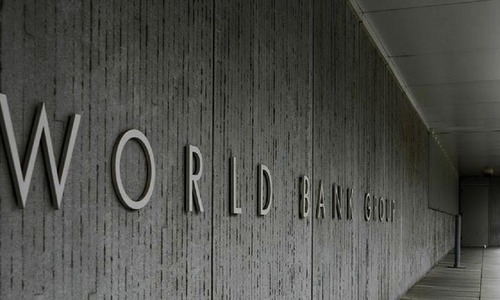ISLAMABAD: The World Bank has announced that it is providing over $4 billion for the purchase and supply of Covid-19 vaccines to 51 countries, including Pakistan.
More than half of the financing comes from the International Development Association (IDA), the bank’s fund for the world’s poorest countries, and is provided as grant or on highly concessional terms, according to a World Bank press release issued here on June 30.
The financing is part of the World Bank’s commitment to low- and middle-income countries to acquire and distribute vaccines and strengthen their health systems. Half of the 51 countries are in Africa.
Last month, the World Bank’s Board of Executive Directors approved the restructuring of the ‘Pandemic Response Effectiveness in Pakistan’s project, originally approved in April 2020, to redeploy $153 million to support the ongoing national vaccine drive in Pakistan.
$4bn to be spent on purchase of Covid vaccine
These funds, redeployed at the request of the federal government, will help finance the purchase and deployment of safe and effective Covid-19 vaccines that meet the eligibility criteria of the World Bank.
The project will strengthen the health system’s capacity to implement the vaccination campaign for its prioritised and eligible populations.
In addition to this financing for vaccines in Pakistan, the World Bank has provided a total of $768.5 million to support the vaccination purchase and rollout efforts in Afghanistan, Bangladesh, Nepal and Sri Lanka.
In the meantime, the heads of the World Bank Group, International Monetary Fund, World Health Organisation and World Trade Organisation held the first meeting of the task force on Covid-19 vaccines in Washington on June 30.
In a joint statement issued after the meeting, the heads of four organisations announced to form a task force as a “war room” to help track, coordinate and advance delivery of Covid-19 health tools to developing countries and to mobilise relevant stakeholders and national leaders to remove critical roadblocks.
As a first step, they called on G20 countries to embrace the target of at least 40 per cent in every country by the end of 2021, and at least 60 per cent by the first half of 2022, and share more vaccine doses now, including by ensuring at least one billion doses are shared with developing countries in 2021 starting immediately, and provide financing, including grants and concessional financing and remove all barriers to export of inputs and finished vaccines and other barriers to supply chain operations.
Published in Dawn, July 2nd, 2021













































